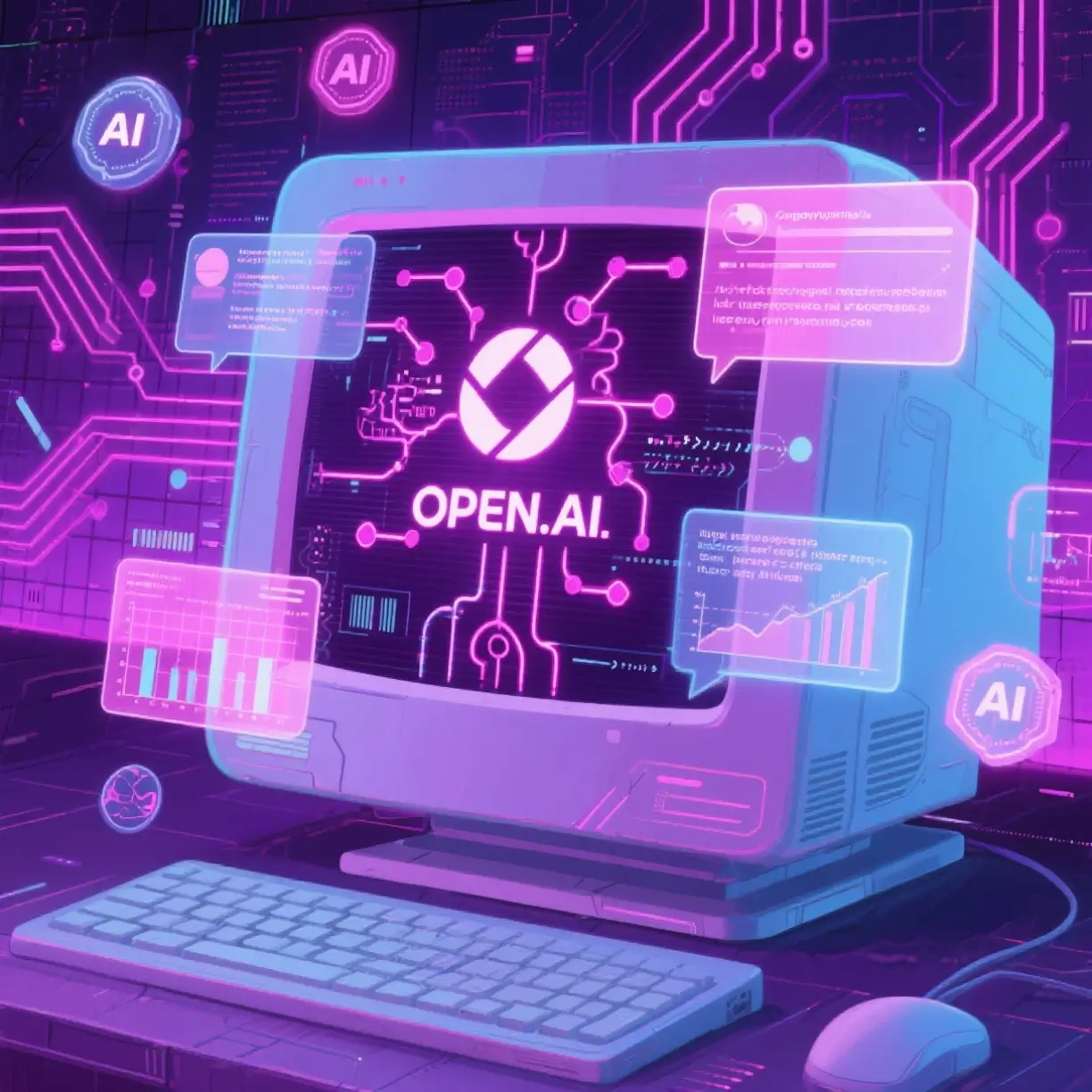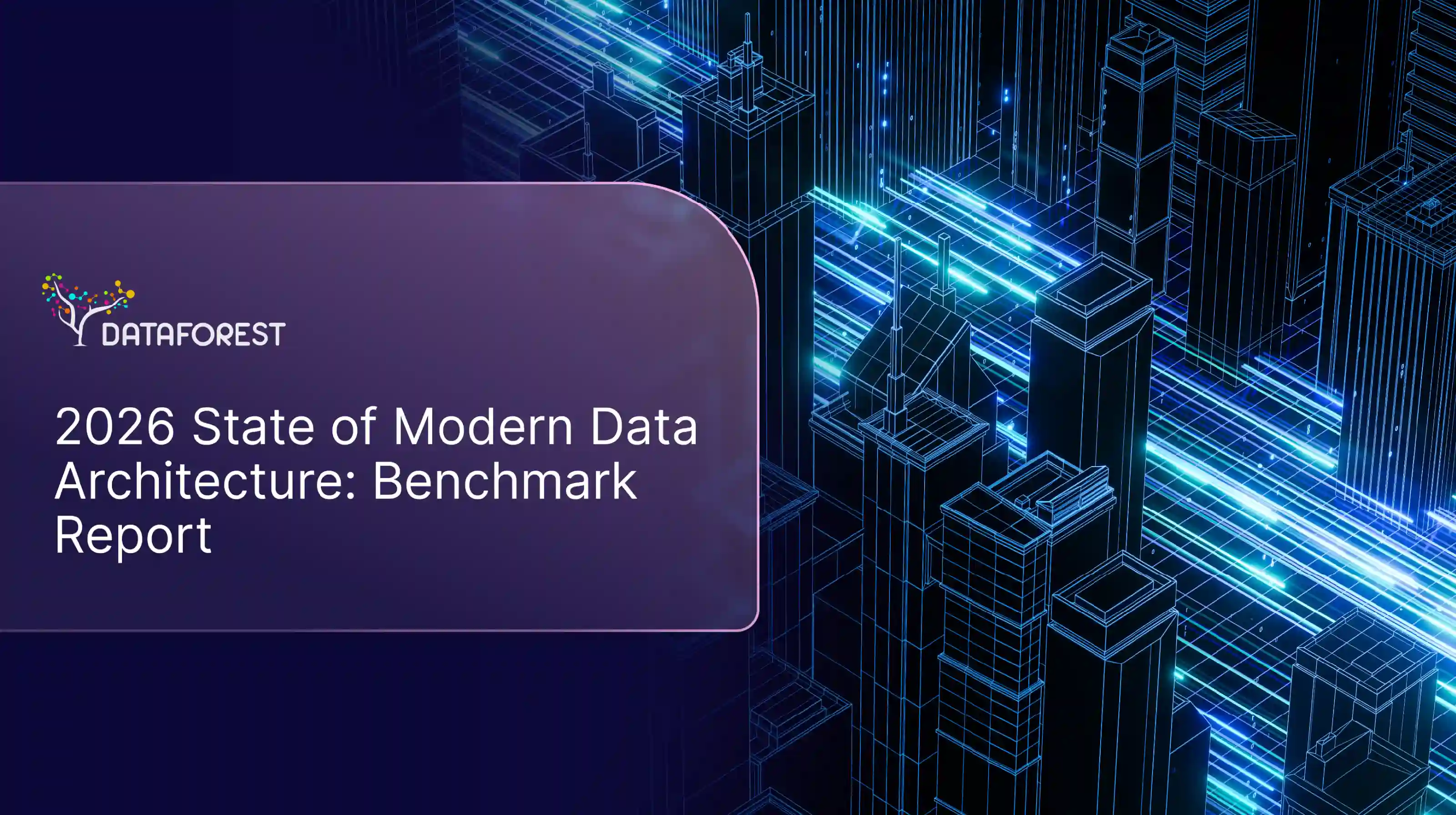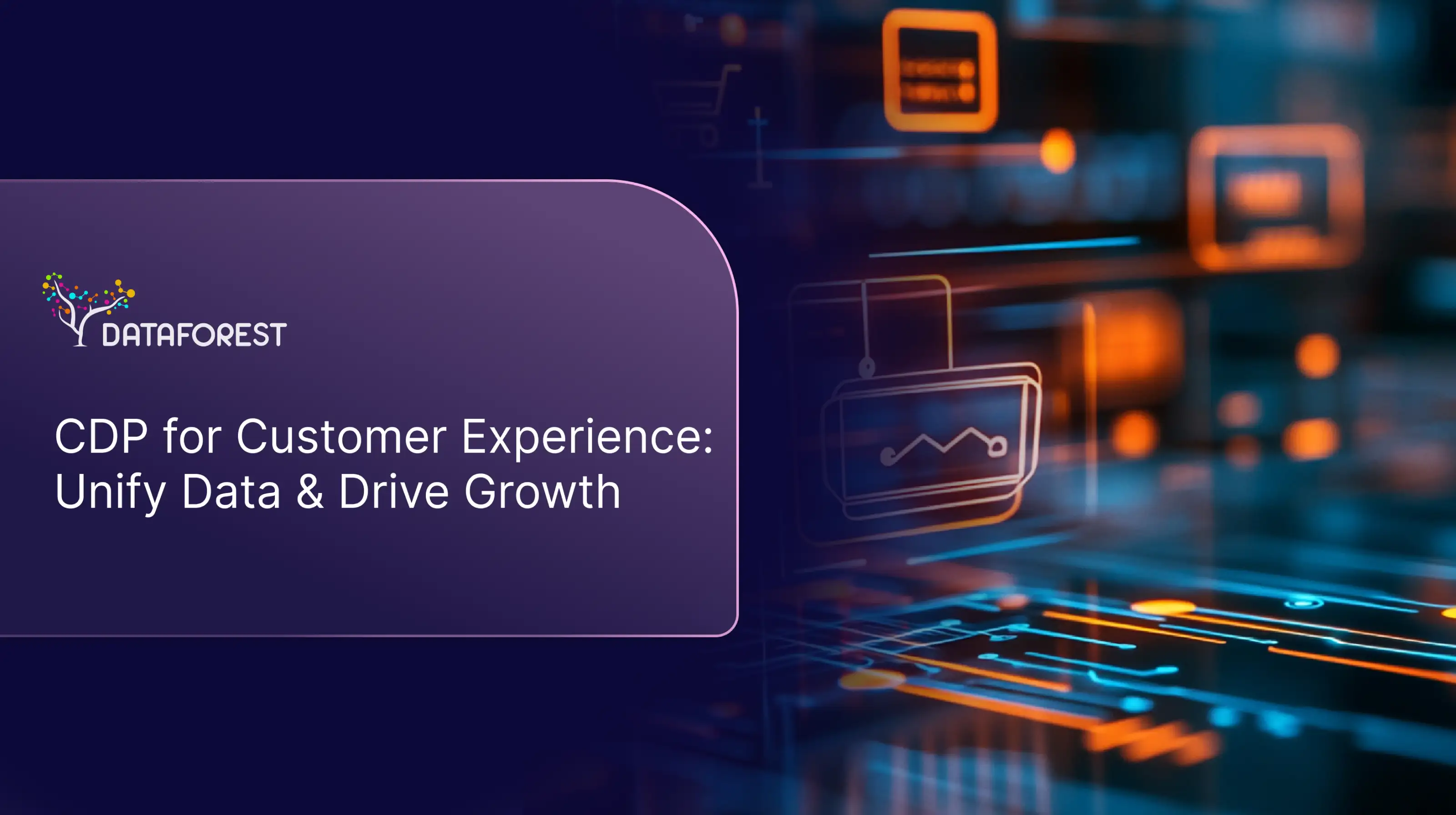Share
Table of contents:
OpenAI is an artificial intelligence (AI) research organization and company that aims to ensure that artificial general intelligence (AGI) benefits all of humanity. Founded in December 2015, OpenAI was established with the mission of advancing digital intelligence in a way that is safe, broadly beneficial, and aligned with human values. OpenAI develops cutting-edge AI technologies and has made significant contributions to the field of machine learning and natural language processing (NLP).
Foundational Aspects of OpenAI
OpenAI operates as a research and deployment organization with both non-profit and for-profit components. Initially established as a non-profit, OpenAI transitioned to a "capped-profit" model in 2019 to attract investment while adhering to its core mission. This structure allows OpenAI to raise funds for research and development while maintaining a commitment to prioritize safety and broad societal benefits over financial returns.
Core Technologies and Research Areas
OpenAI is known for its work on various AI technologies, with a particular focus on natural language processing, reinforcement learning, and robotics. Some of the most notable advancements from OpenAI include:
- GPT (Generative Pre-trained Transformer): OpenAI's language model series, starting with GPT-1 and evolving to GPT-2 and GPT-3, has gained widespread attention for its ability to generate human-like text based on given prompts. GPT-3, in particular, is recognized for its impressive capabilities in language generation, translation, summarization, and question answering.
- DALL-E: This is an AI model capable of generating images from textual descriptions, showcasing the potential of combining language and vision to create visual content. DALL-E represents a significant advancement in generative models, allowing for creative applications in art and design.
- Codex: An evolution of the GPT-3 model, Codex is specifically trained to understand and generate code. It powers applications like GitHub Copilot, providing developers with context-aware code suggestions, enhancing programming efficiency and creativity.
- Reinforcement Learning: OpenAI has made substantial contributions to reinforcement learning, exploring how AI systems can learn to make decisions by receiving feedback from their environment. This research has implications for training AI in complex tasks such as game playing, robotics, and more.
Key Attributes of OpenAI
- Ethical Considerations: OpenAI emphasizes the importance of safety and ethical considerations in AI development. The organization actively engages with policymakers, researchers, and the public to discuss the implications of advanced AI technologies and to promote responsible usage.
- Collaboration and Open Research: While OpenAI initially pursued an open research agenda, it has since adopted a more cautious approach to releasing powerful AI models. This shift is intended to prevent misuse while still fostering collaboration with the research community. OpenAI publishes research papers and shares findings, contributing to the broader understanding of AI.
- Community Engagement: OpenAI seeks to involve diverse stakeholders in conversations about AI's future. The organization engages with the community through partnerships, workshops, and public discussions, aiming to build a more inclusive dialogue around AI technologies and their societal impacts.
Intrinsic Characteristics of OpenAI
- Advanced AI Models: OpenAI's models are characterized by their capacity to understand and generate human language, as well as their ability to adapt to various tasks without extensive retraining. This flexibility allows for broad applications across industries.
- Research-Driven: The organization is rooted in scientific research, continually pushing the boundaries of what is possible with AI. OpenAI's researchers contribute to advancements in deep learning, algorithm design, and understanding of neural networks.
- Focus on AGI: OpenAI’s ultimate goal is to create artificial general intelligence that is safe and beneficial. This long-term vision guides the organization’s research priorities and ethical frameworks.
OpenAI stands at the forefront of AI research and development, recognized for its innovative models and commitment to ensuring that the benefits of AI are widely distributed. Through its advanced technologies, OpenAI aims to address complex challenges and foster a deeper understanding of artificial intelligence, all while emphasizing the importance of safety, ethical considerations, and societal impact. As AI continues to evolve, OpenAI's role in shaping the future of technology and its implications for humanity remains crucial.












